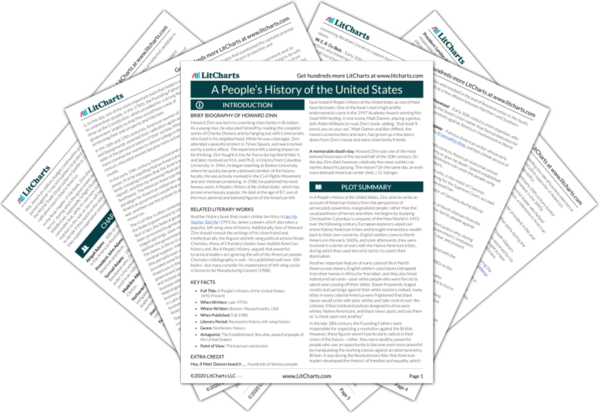Previous
Socialism
|
Previous
Socialism
|
Communism Term Analysis |
Next
Symbols
|
In that same period of the early fifties, the House Un-American Activities Committee was at its heyday, interrogating Americans about their Communist connections, holding them in contempt if they refused to answer, distributing millions of pamphlets to the American public: "One Hundred Things You Should Know About Communism" ("Where can Communists be found? Everywhere"). Liberals often criticized the Committee, but in Congress, liberals and conservatives alike voted to fund it year after year.
